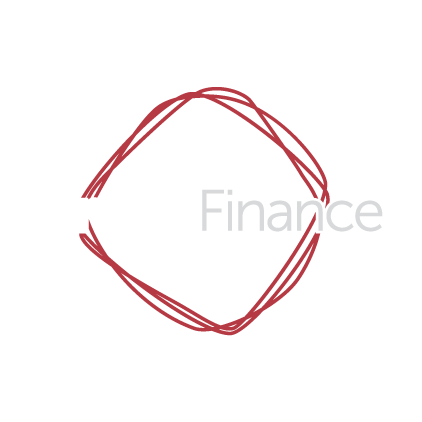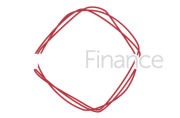In 2023, the Reserve Bank of Australia (RBA) made history by significantly raising the cash rate to an 11-year high in its efforts to combat inflation. In early May of the previous year, the cash rate stood at a mere 0.1 per cent. Since then, it has undergone a rapid ascent, increasing 12 times within 16 months. This represents the most substantial rate hike in the history of the RBA, bringing the cash rate to its current level of 4.1 per cent.
As the RBA persists in its campaign to curb consumer spending, borrowers may encounter several potential risks following this series of cash rate hikes. Keep reading to discover these risks and learn how to mitigate them.
How to minimise risk through rate increases
- ‘Mortgage Prison’ Scenario
The concept of being trapped in a ‘mortgage prison’ arises when you lack the necessary equity or fail to meet the serviceability requirements to refinance your home loan. Essentially, you find yourself stuck in your current mortgage, even if it is no longer suitable for your financial situation. This situation can occur if the value of your property has decreased while interest rates have risen. - Negative Equity Dilemma
The rising cash rate can exert downward pressure on property prices, potentially pushing some properties into negative equity territory. Negative equity arises when your property’s market value falls below your home loan’s outstanding balance. In other words, you owe the bank more than what your property is worth. For instance, if your property is valued at $800,000 and you owe the bank $720,000, falling property value to $700,000 would result in negative equity.Homeowners who secured substantial loans at low interest rates with minimal deposits may face a higher risk of entering negative equity, especially if their interest rates have increased and their property values have declined.
- Navigating Fixed-Rate Loans
During the COVID-19 pandemic, fixed-rate borrowing became increasingly popular as borrowers took advantage of low-interest rates. Many mortgage holders opted for longer fixed-rate terms, and banks offered fixed rates below variable rates. Now, as numerous fixed-rate terms approach expiration, around 880,000 fixed-rate loans are set to mature in 2023, with another 450,000 in 2024.These borrowers are now confronted with significantly higher interest rates, leading to the question of whether to lock in at a higher fixed rate or allow the loan to revert to variable. Economists hold differing opinions on whether the cash rate will remain stable or see a reduction in the next 12 months, which may pose challenges for those who have already extended their fixed-rate loans.
Mitigating the Risk of Fluctuating Cash Rates
- Build Up Your Equity
Several options are available for increasing your equity:- Consider increasing your loan repayments if your budget allows, even a slight increase can accelerate equity growth.
- Make more frequent repayments, such as weekly or fortnightly, to pay off more of your mortgage each year and build equity faster.
- Explore the possibility of making extra repayments, either as lump sums or regular additional payments.
- Boost your property’s value and, consequently, your equity by renovating.
- Consider Refinancing
Refinancing can potentially secure a more competitive interest rate or a home loan with features that help you save on interest and pay off your mortgage sooner. Even if you find yourself in a ‘mortgage prison’ or facing negative equity, it’s essential to consult with financial experts who can assess your options and develop a plan tailored to your circumstances. - Seek Professional Guidance
The sooner you seek assistance, the more options you’ll have. Reach out to professionals who can evaluate your specific financial situation and provide guidance accordingly.
If you require further assistance or have questions, do not hesitate to contact us. We are here to examine your unique circumstances and assist you in making informed decisions regarding your financial future.







































